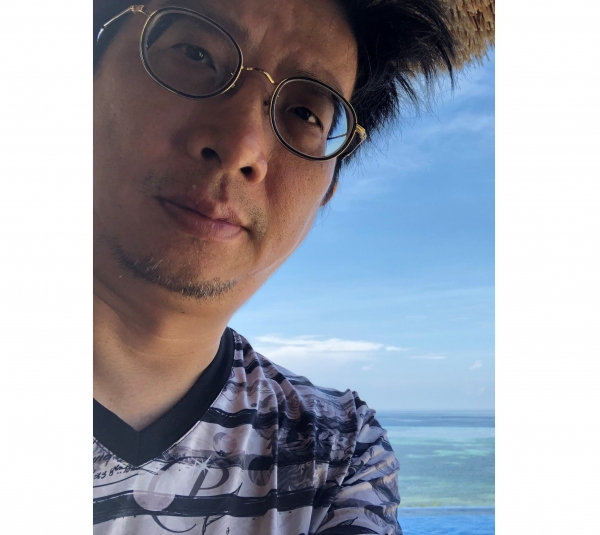
Department of Mechanical Engineering
- Creating an open, positive, and encouraging learning environment: First, the teacher wants to convey a message that no matter where students come from, in this environment, it’s a fresh start, and questions can be raised anytime.
- Cultivating students’ ability to learn “on the go”: Basic courses are often learned as preparation for more advanced courses, so there will be a holistic concept conveyed during class. If it’s an advanced course, practical experiences will be added as much as possible, learning by doing and doing while learning, so that the knowledge can be deeply ingrained.
- Cultivating students’ interest in learning: Personally, I think this is the most challenging part. Perhaps after going through the baptism (bombardment) of junior and senior high school, many people come to university and lose their interest in learning. If there are practical courses, students will be guided to brainstorm and come up with topics they want to work on. If they think of the topics themselves, they will be more willing to invest and improve, and become people with self-learning abilities.
- Letting students experience that teachers/TAs are willing to help as long as they want to learn: Taiwan’s education environment has cultivated many students who have problems but dare not/don’t want to raise them. Now, every class has a community group, which provides an environment for students to ask questions. If further clarification is needed, private messages can be sent to discuss.
